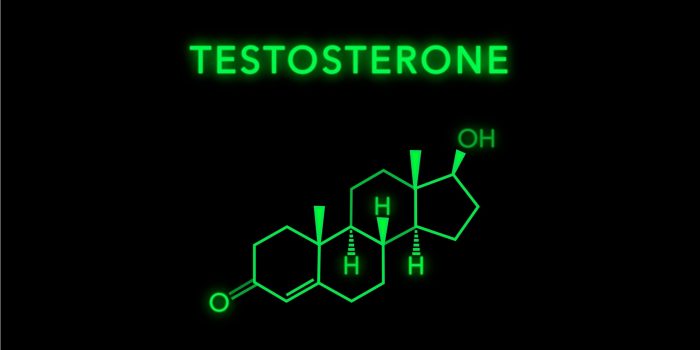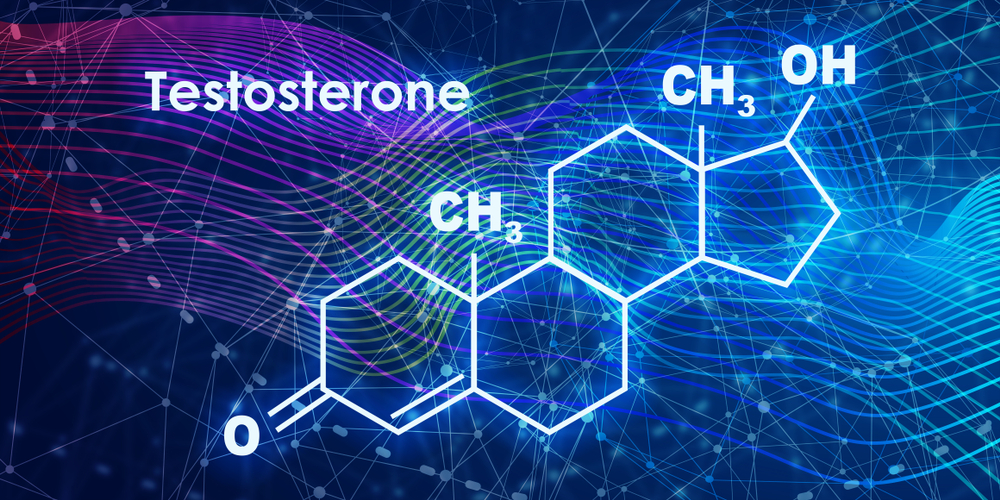
Low testosterone and Testosterone Replacement Therapy (TRT)
June 12th, 2024As a man ages, his testosterone levels deplete. Low testosterone can cause problematic symptoms. Sufferers can opt for Testosterone Replacement Therapy (TRT) but in the past, it has been suggested that TRT can increase the risk of heart attacks or strokes. However, research published in The New England Journal of Medicine and presented in Chicago at ENDO-2023 has suggested that’s not the case. The findings have come as a relief to doctors and patients.
Testosterone Replacement Therapy and Cardiovascular Safety
Dr Steven Nissen, chief academic officer of the Heart, Vascular & Thoracic Institute at the Cleveland Clinic explained that TRT was being given to millions of men with no information about its cardiovascular safety.
He explained, “I’ve had men come in my clinic who have very severe heart disease, who have gone somewhere and gotten somebody to prescribe testosterone, and they will look me in the eye and they say ‘Is it safe?’ and I’ve had to tell them, ‘we don’t know’.”
Dr Joshua Halpern, a urologist at Northwestern Medicine in Chicago said, “This is the trial we have been waiting for for a really long time. This has provided the closest thing we have to a definite answer about cardiovascular risk and testosterone therapy.”
For a decade the FDA has demanded that drugmakers study potential cardiovascular effects of TRT. The results of this study are of great comfort to those who suffer severe symptoms from low testosterone, have cardiovascular health related problems and need TRT.
However, Dr Halpern does have one concern. He added, “Our concern here is that this will be interpreted as a justification for a more widespread use of testosterone in men. We don’t want this used by bodybuilders and athletes and other people to build muscle mass.”
Dr Peter Wilson, a preventative cardiologist and endocrinologist at the Emory University School of Medicine agreed. He said “If you want to lift more weights, if you want to ride the bicycle faster, win the race, I’m sorry, that is not a reason to use TRT. We deal with medical indications, not performance enhancements.”
Read the study here.
Low testosterone
Testosterone in men is a hormone primarily responsible for the function of the testicles. The hormone production is at its peak during adolescence and early adulthood. As a man ages his testosterone levels deplete, and low testosterone can cause a lot of problematic symptoms, such as:
- Mood swings, depression and anxiety. Behavioural changes – aggression or irritability
- Lack of self-confidence, enthusiasm or energy. Poor concentration and focus
- Increased appetite, weight gain and a change in fat distribution including the development of man boobs
- Decline in sexual function, fewer erections, less sperm production and fertility issues
- Swollen or tender breasts, excessive sweating, skin changes or hot flushes
- Changes to facial and body hair and a reduction in muscle bulk and strength
- Problems with red blood cell production
- Insomnia
Some men can develop hypogonadism. Hypogonadism is the medical term for decreased functional activity of the gonads (testes). There are two types of hypogonadism – primary and secondary. Primary is testicular failure and secondary is when there is a problem where the brain cannot signal to the testes to produce testosterone.
There are different options for TRT including:
Testosterone injections
Testosterone undecanoate (brand name Nebido), is an injection given intramuscularly (into muscle) every 12 weeks by an endocrinologist nurse. Or another injection type is Sustanon which is a combination of different forms of testosterone given more frequently every 2-4 weeks
Testosterone gels
Testosterone gels are absorbed through the skin through various formulations such as Tostran, Testogel or Testavan
To normalise the function of the testes we recommend our natural product Testoluten. It supports and improves conditions related to weak testosterone production and associated issues including libido, erectile dysfunction and male infertility.
Low testosterone diagnosis
A doctor will ask a series of questions about lifestyle and do tests to measure the level of testosterone in the blood. If low testosterone is confirmed, lifestyle changes will be suggested and TRT discussed.
Male menopause is misleadingly related to low testosterone
Male menopause otherwise known as andropause or a ‘midlife crisis’ is a condition misleadingly related to low testosterone.
Both conditions have similar symptoms, however, male menopause isn’t hormone-related. It is normally due to lifestyle factors or choices and anxiety associated with that. A man could feel like he has low testosterone level but could be going through the male menopause or vice versa.
When a man reaches his 40s and 50s it is quite common for him to experience increased anxiety associated with many life factors, this can result in some dramatic changes as he goes through his midlife crisis or male menopause.
Male or female, it’s natural to get to an age and think life is passing you by so you want to make the most of it – enjoying things and activities before you get to an age when you can’t or don’t want to.
The male menopause changes can be temporary or permanent and the result of emotional anxiety brought on by significant and worrying things such as the impending death of an ageing parent or loved one, relationship problems, health scares, lack of fulfilment and achievement, parenting challenges or a loss of sex drive.
It can be a time in a man’s life when they might feel life isn’t what they thought it would be and they aren’t content.
Seeking advice, making some lifestyle changes and trying alternative therapies will help relieve the symptoms of low testosterone levels and male menopause.
References
- https://www.kch.nhs.uk/wp-content/uploads/2023/01/pl-934.1-testosterone-replacement-therapy.pdf
- https://www.beaconhealthsystem.org/library/articles/testosterone-therapy-potential-benefits-and-risks-as-you-age?content_id=ART-20045728
- https://www.nhs.uk/conditions/male-menopause/
- https://evidence.nihr.ac.uk/alert/research-provides-reassurance-about-safety-testosterone-treatment/







